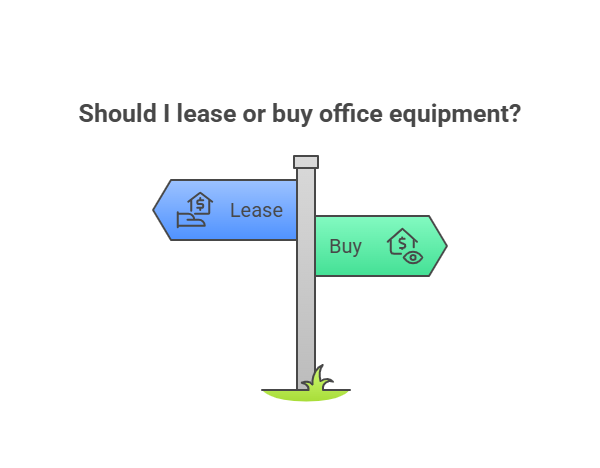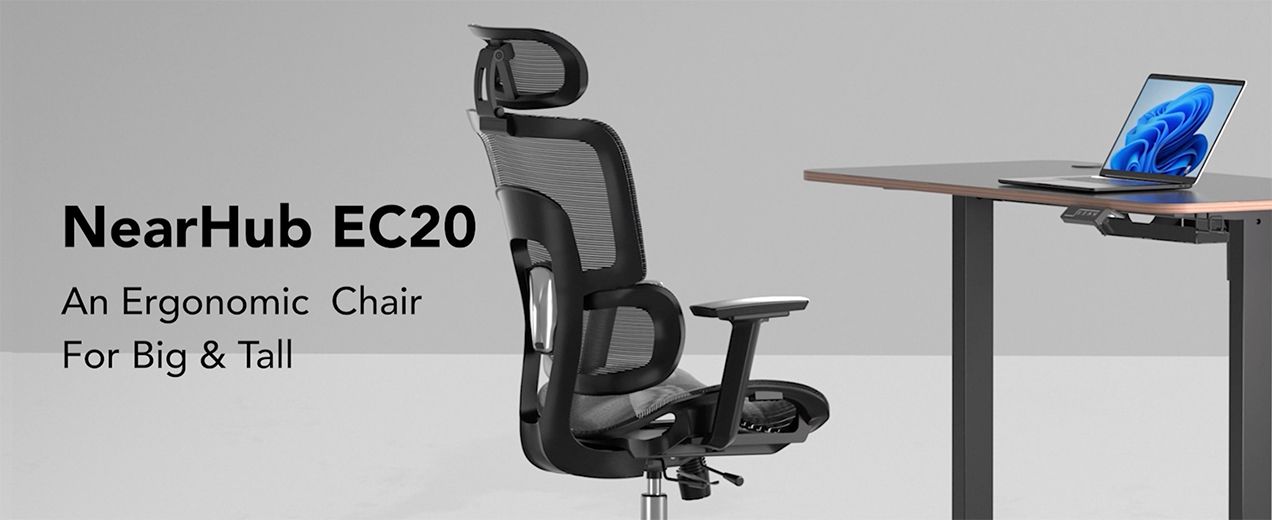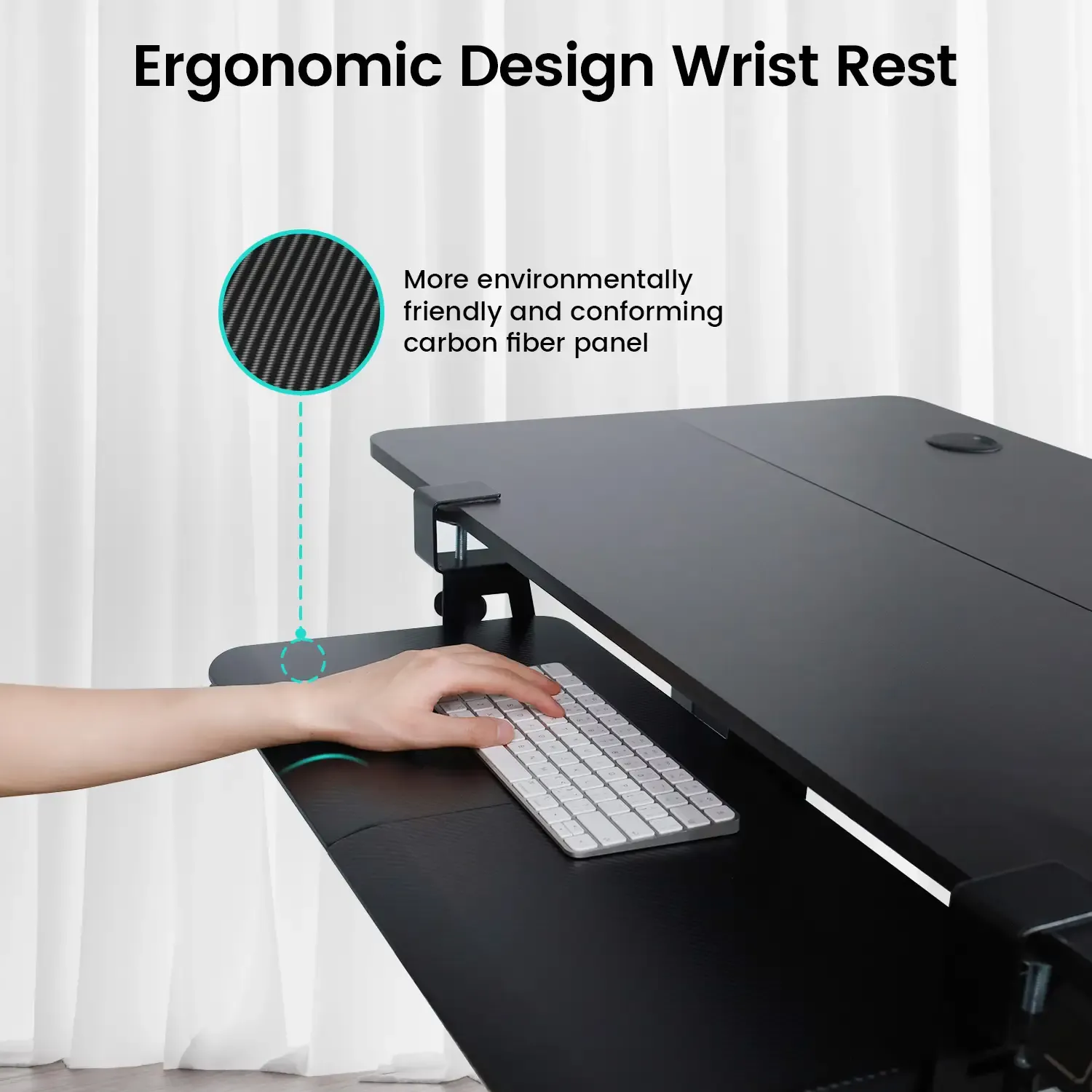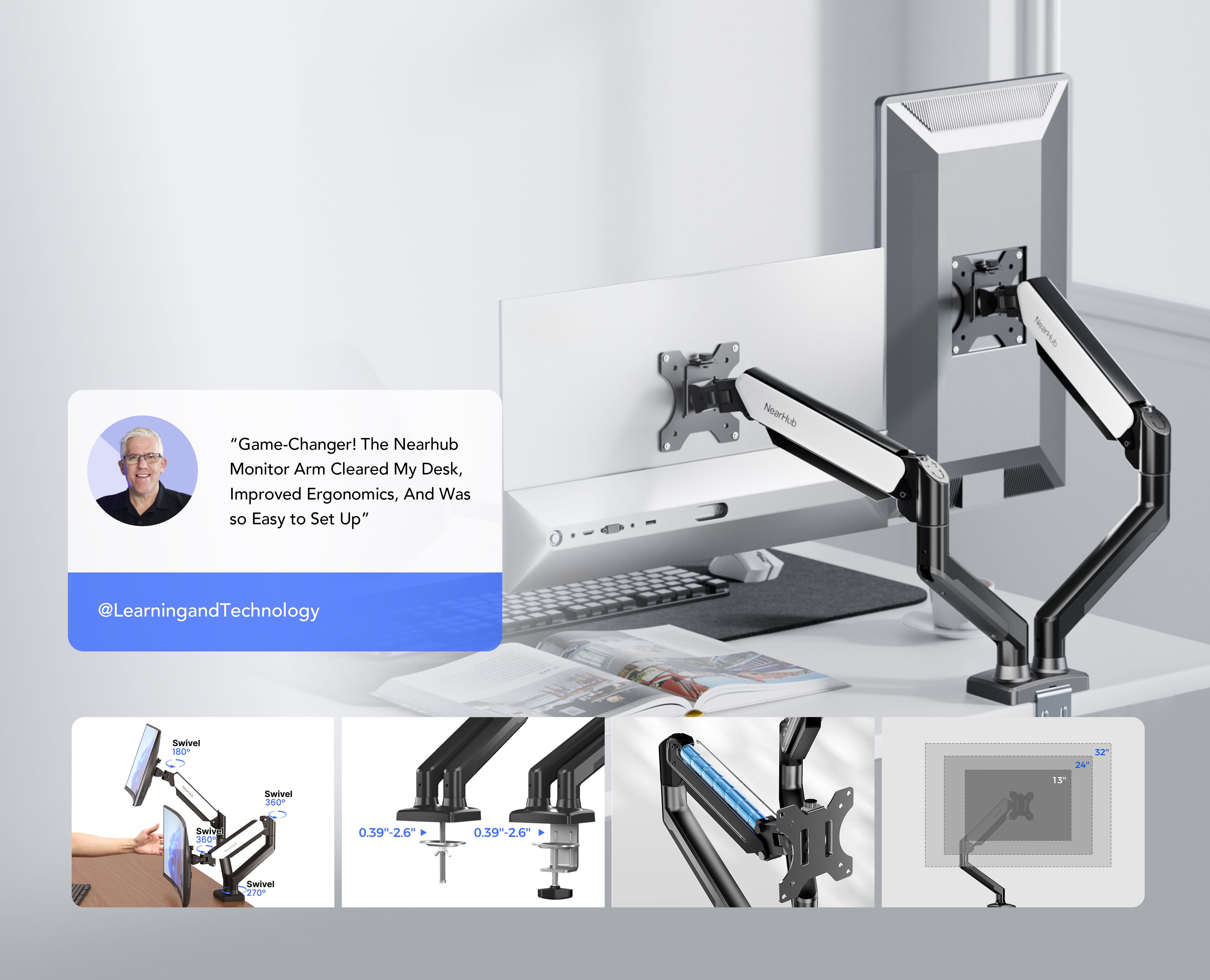Office equipment plays a crucial role in productivity and efficiency, making the decision between leasing or buying a critical one for businesses and remote workers. Leasing allows companies to upgrade technology frequently and manage predictable costs, while buying offers ownership and financial advantages over time. This article explores leasing vs buying office equipment, including the different types of leases, key benefits, and drawbacks, to help businesses and professionals make an informed decision in 2025.
Should You Lease or Buy Office Equipment? Let’s Break It Down
If you're setting up an office—whether at home or for a growing business—you’ve probably asked yourself:
Should I lease office equipment or buy it outright?

It’s a tough call. Leasing means lower upfront costs but ongoing payments. Buying means long-term savings but higher initial expenses. Both options have their perks, but which one makes the most sense for you in 2025?
Let’s break it down so you can make the smartest decision.
Leasing vs Buying Office Equipment: What’s the Difference?
Before deciding, it's important to understand how these options work.
🔹 What Does Office Equipment Leasing Mean?
Leasing office equipment is like renting—it lets you use the equipment for a monthly fee without owning it outright.
- Types of Leases:
- Fair Market Value Lease (FMV): At the end of the lease, you can buy the equipment at fair market value, upgrade, or return it.
- $1 Buyout Lease: Pay a slightly higher monthly fee, but at the end, you can purchase the equipment for just $1.
- Operating Lease vs. Capital Lease: Operating leases work like rentals, while capital leases function more like financed purchases.
💡 Example: If you're using high-tech dual monitors, leasing might allow you to upgrade every few years instead of being stuck with outdated technology.
🔹 What Does Buying Office Equipment Mean?
Buying means paying the full cost upfront or financing it over time. Once paid off, the equipment is yours to keep, upgrade, or resell.
💡 If you’re buying an office setup, consider a space-saving office chair to maximize comfort and efficiency.
Pros & Cons of Office Equipment Leasing
Leasing can be a great option for businesses that need flexibility. But is it the right choice for you? Let’s explore the benefits and drawbacks.
✅ Advantages of Leasing:
✔ Lower Initial Costs: Avoid large upfront payments while getting high-quality equipment.
✔ Access to the Latest Technology: Easily upgrade to newer models as needed.
✔ Predictable Monthly Expenses: Fixed payments help with budgeting.
✔ Potential Tax Benefits: Lease payments may be deductible as business expenses.
✔ Maintenance is Often Included: Some lease agreements cover repairs and servicing.
❌ Disadvantages of Leasing:
❌ More Expensive Over Time: Long-term leasing costs can exceed the equipment’s purchase price.
❌ No Ownership Until Buyout: The equipment isn’t yours unless you pay extra to purchase it.
❌ Contract Restrictions: Early termination or contract changes can come with penalties.
For businesses that frequently upgrade their equipment, leasing might be the smarter option. However, if you're focused on long-term savings, buying might be better.
Pros & Cons of Buying Office Equipment
If you prefer full control over your office setup, buying might be your best bet.
✅ Advantages of Buying:
✔ Long-Term Cost Savings: No monthly payments once the equipment is paid off.
✔ Full Ownership: Modify, resell, or keep the equipment as long as you want.
✔ Tax Depreciation Benefits: You can deduct the depreciation over time.
✔ No Lease Restrictions: No contracts, hidden fees, or penalties.
❌ Disadvantages of Buying:
❌ Higher Upfront Costs: A large initial investment can strain your budget.
❌ Technology Becomes Outdated: Purchased equipment may become obsolete faster than expected.
❌ Maintenance Costs: Repairs and upkeep are your responsibility.
💡 Thinking of upgrading your workspace? Check out this executive desk for tall persons to complement your office investment.

Leasing vs Buying Office Equipment: Which One Is Right for You?
Still unsure? Let’s simplify the decision.
✔ Lease if:
- You need the latest technology and don’t want to buy new equipment every few years.
- Your budget is tight, and you prefer lower monthly payments.
- You’re a startup or a growing business that needs financial flexibility.
✔ Buy if:
- You want to save money in the long run.
- You don’t need frequent upgrades.
- You want full control over your office setup.
Where to Buy Office Equipment in 2025?
If you decide to buy, here are the best places to shop:
🔹 Online Retailers: Amazon, Best Buy, and office supply stores offer a wide selection.
🔹 Direct from Manufacturers: Buying directly ensures product authenticity and warranties.
🔹 Second-Hand Markets: eBay, Craigslist, and Facebook Marketplace can help you find budget-friendly deals.
🔹 Local Office Supply Stores: Support local businesses while finding personalized service.
💡 For an ergonomic setup, consider a keyboard on desk to improve posture and productivity.

FAQs About Leasing vs Buying Office Equipment
1. Is leasing office equipment tax-deductible?
Yes, in many cases, lease payments are tax-deductible as a business expense. However, tax laws vary, so it’s best to consult with an accountant.
2. What types of office equipment can I lease?
You can lease computers, printers, furniture, and even entire office setups. Leasing is especially popular for tech-related equipment that needs frequent upgrades.
3. How long do office equipment leases typically last?
Most leases range from 12 to 60 months, depending on the agreement. Shorter leases offer more flexibility, while longer leases may have lower monthly costs.
4. Where can I buy office equipment at a discount?
Look for online sales, manufacturer discounts, or second-hand marketplaces for the best deals. Office liquidations and local warehouse sales can also offer significant savings.
5. What happens if I want to end my lease early?
Early termination fees can apply, and some agreements don’t allow for early exits. Always read the fine print before signing a lease.
Final Thoughts: Should You Lease or Buy Office Equipment?
At the end of the day, choosing between leasing vs buying office equipment depends on your financial situation, business needs, and long-term goals.
- If you value flexibility, the latest technology, and lower upfront costs, leasing is the way to go.
- If you want to own your equipment and save money over time, buying is the smarter investment.
💡 Setting up a dual-monitor workstation? Consider a dual computer monitor shelf to maximize efficiency.

Whatever you decide, make sure it aligns with your business needs so you can work smarter—not harder.












































